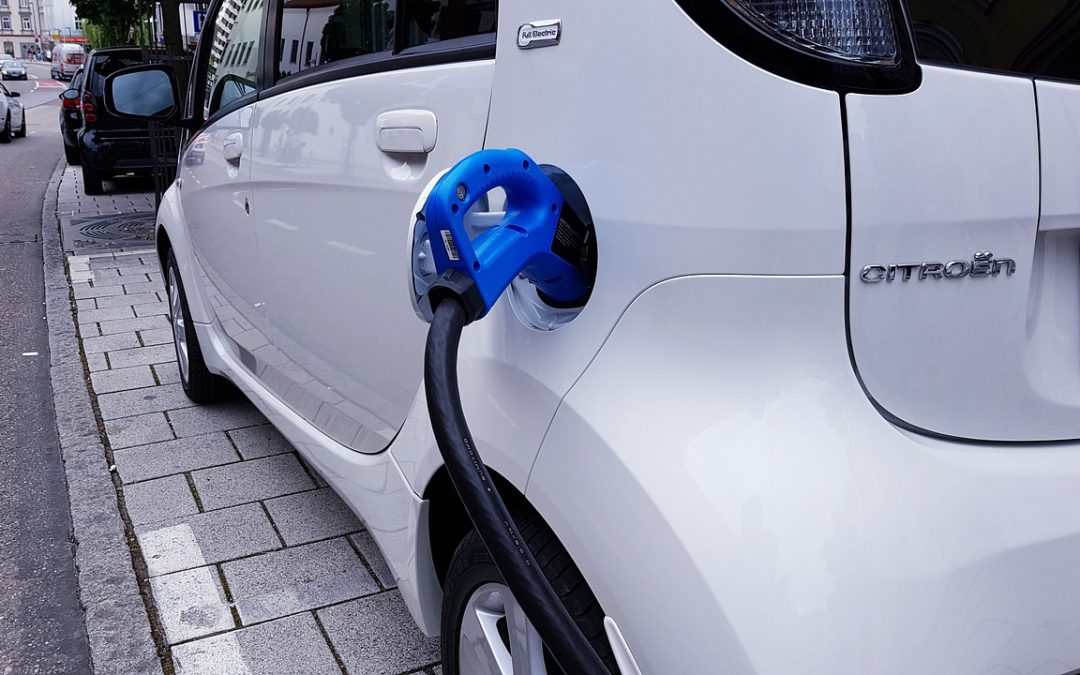Electric vehicles (EVs) are gaining widespread adoption worldwide, thanks to their lower emissions and reduced reliance on fossil fuels. While EV technology has come a long way, one of the primary concerns for potential buyers remains the longevity of the battery. How long can you expect an EV battery to last, both in terms of time and distance? In this article, we’ll explore the projected and real-world lifespans of EV batteries, along with the factors that can influence their longevity.
How Long Do EV Batteries Last?
The lifespan of an EV battery can be measured in two ways: the number of years it will function optimally, and the number of kilometres it can cover before significant degradation. On average, most electric vehicle manufacturers project that their batteries will last 8 to 10 years or cover 150,000 to 300,000 kilometres before requiring replacement or significant repairs.
However, these are just estimates, and real-world performance often varies based on driving habits, climate, charging practices, and battery chemistry.
Battery Lifespan in Terms of Years
EV batteries have a natural degradation process, meaning that over time, they will lose some of their capacity to hold a charge. This is common to all types of lithium-ion batteries, which are the most common type used in electric vehicles today.
- Manufacturer Warranties: Most EV manufacturers offer warranties for 8 years or around 160,000 km. During this period, they guarantee the battery will maintain a minimum capacity, usually around 70-80%. For example, Tesla offers an 8-year warranty with a range of 150,000 to 240,000 kilometres, depending on the model. Nissan provides similar warranties on its Leaf models.
- Real-World Lifespans: Many EV owners report that their batteries last well beyond the warranty period. Studies show that most EV batteries degrade at a rate of 1-2% per year, meaning after 10 years, the battery may still hold around 80-90% of its original capacity. Tesla, in particular, has reported that some of its older models are still maintaining over 90% battery health after more than 10 years of use.
- Factors Affecting Lifespan:
- Climate: Batteries tend to degrade faster in extreme heat or cold. High temperatures, in particular, can cause irreversible damage to the battery, reducing its capacity over time.
- Charging Habits: Frequent fast charging (DC charging) can lead to quicker degradation compared to slower charging at home. Keeping the battery charged between 20% and 80% can also help extend its life.
- Driving Conditions: Driving aggressively, with frequent acceleration and deceleration, can put stress on the battery, leading to faster wear.
Battery Lifespan in Kilometres
In terms of kilometres, the lifespan of an EV battery depends heavily on how the vehicle is used. While manufacturers project that EV batteries will last between 150,000 to 300,000 kilometres, some real-world examples have shown impressive durability.
- Tesla: One of the most well-known cases is of Tesla owners who have driven their vehicles for over 500,000 kilometres with minimal battery degradation. Some early Model S drivers have reported that their batteries still retain around 80% capacity after driving nearly half a million kilometres.
- Nissan Leaf: The Nissan Leaf, one of the most popular EVs, has shown that its battery can last up to 200,000 to 250,000 kilometres before significant capacity loss occurs. Some newer models, particularly those with improved battery management systems, are expected to perform even better.
- Chevrolet Bolt: The Bolt EV’s battery pack has been tested to perform optimally over 240,000 kilometres or more. Like many other EVs, real-world performance has often exceeded the manufacturer’s estimates, especially when owners follow best practices for charging and driving.
Battery Recycling and Replacement
While the cost of replacing an EV battery was once prohibitively high, battery technology is improving, and costs are coming down. Currently, replacing an EV battery can cost anywhere from $5,000 to $15,000 depending on the make and model of the car, but these prices are expected to decrease as technology improves and more recycling options become available.
Additionally, when EV batteries reach the end of their useful life in a vehicle, they don’t necessarily need to be discarded. Many old EV batteries are being repurposed for use in energy storage systems, providing a second life in solar power setups or other energy grids.
How to Extend the Life of Your EV Battery
Here are some simple ways you can maximise the life of your EV’s battery:
- Avoid Excessive Fast Charging: While convenient, frequent use of DC fast chargers can degrade the battery faster than slower, at-home charging options.
- Keep Battery Charge Between 20-80%: It’s best not to regularly deplete the battery to 0% or charge it to 100%, as this can put unnecessary stress on the battery cells.
- Limit Exposure to Extreme Temperatures: Try to park your EV in a garage or shaded area when it’s hot outside and, if possible, precondition the battery before driving in cold weather.
- Drive Smoothly: Avoid excessive acceleration and deceleration, as this reduces strain on the battery and can help prolong its life.
Conclusion: EV Batteries Have Long-Term Potential
The lifespan of an electric vehicle battery is more than sufficient for the vast majority of drivers. With proper care, most EV batteries can last well over a decade and cover hundreds of thousands of kilometres before needing replacement. The future of battery technology, including advancements in solid-state batteries and improved recycling options, is promising, ensuring that electric vehicles remain a practical, sustainable choice for the long haul.
For those considering switching to an electric vehicle, the projected battery lifespan is becoming less of a concern as manufacturers continue to innovate and real-world results demonstrate durability and reliability well beyond initial expectations.

